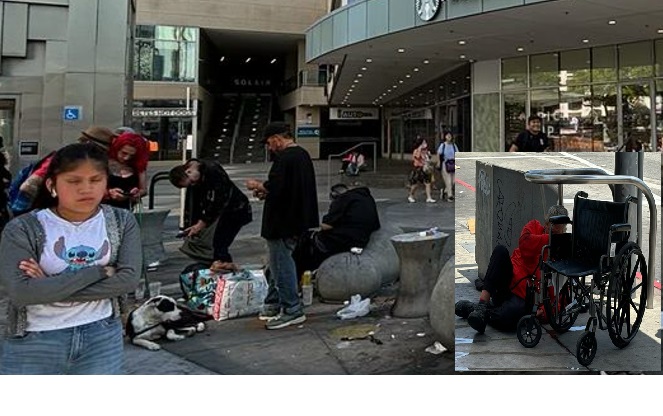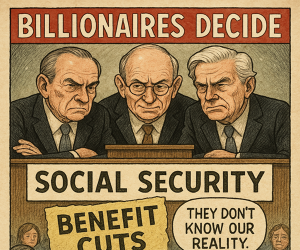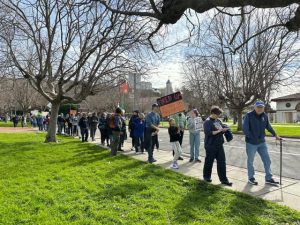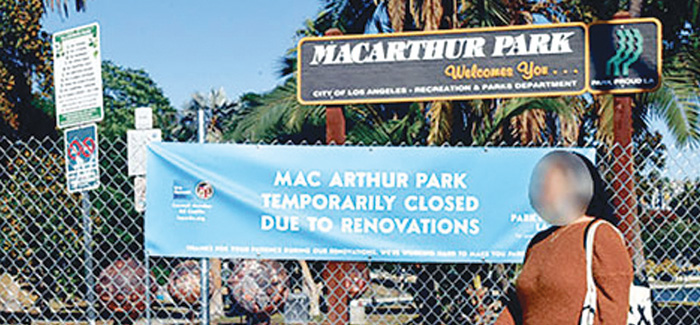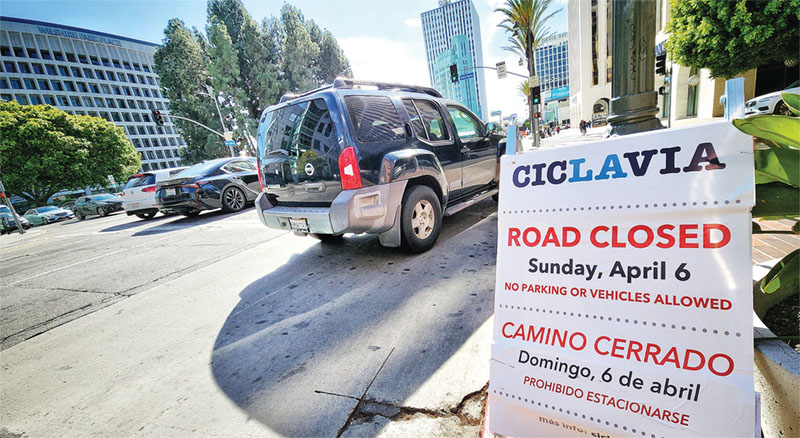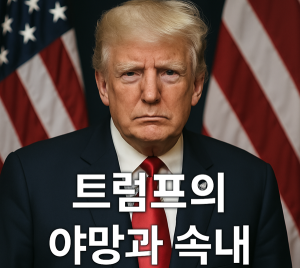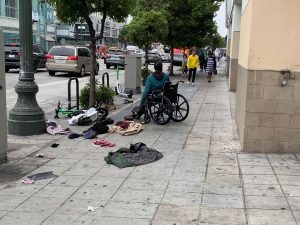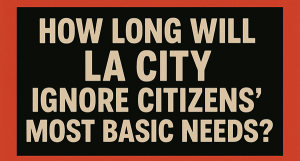It has become common to see people openly using drugs or fentanyl in LA. The question is, are the police not catching them or are they unable to? This issue involves several complex factors. The following points are tying the hands of LA police regarding drug enforcement:
Proposition 47 may be limiting police enforcement authority. Especially, the policy of reduced penalties for small drug possession is the most influential factor. After the George Floyd incident, the Black Lives Matter movement led to a rapid weakening of police force in major US cities, making it difficult to enforce drug-related crimes due to lack of manpower and budget.
The liberal California government and police department’s policy focusing more on addict treatment and rehabilitation rather than large-scale crackdowns is also one of the reasons why drug crimes are not perceived as crimes in LA. In California, awareness that excessive drug enforcement is criticized as targeting specific communities makes the police more cautious in approaching drug crimes.
From the police perspective, drug possession is legally classified as a misdemeanor with only a fine, and it’s difficult to impose strong punishments even after enforcement, which is one reason they turn a blind way to these crackdowns. Also, drugs like fentanyl can threaten the safety of police officers during enforcement.
In conclusion, it’s more likely that LA police are in a situation where ‘comprehensive enforcement is difficult’ due to various constraints and considerations, rather than ‘not enforcing’ street drug laws. This can be seen as a result of complex social, legal, and policy factors at work, not simply a matter of will.
This is why the amendment to Proposition 47 must pass in the November election. The first step for LA to escape drug addiction starts with making drug crimes a felony.”


